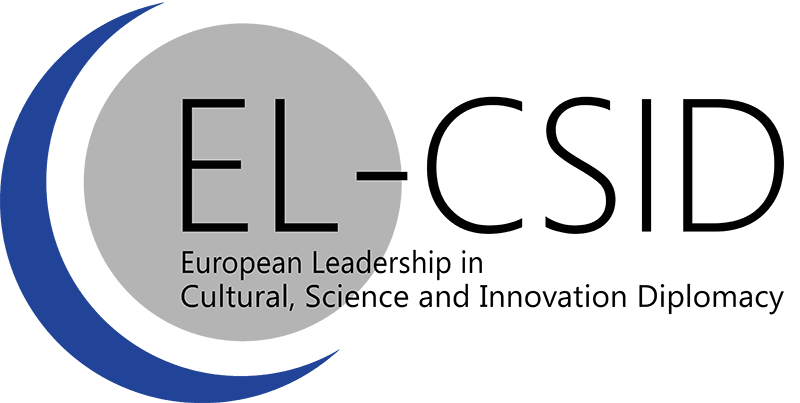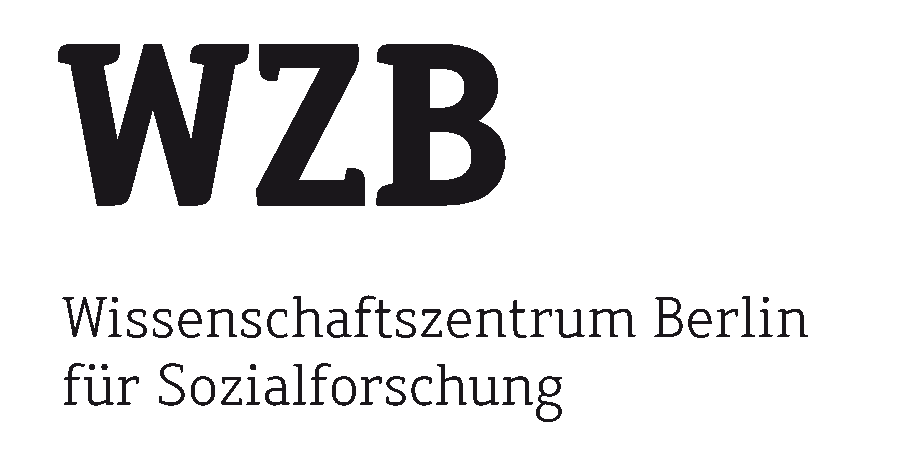Partners
The EL-CSID project is convened by a consortium of partners from Belgium, Germany, Kazakhstan, Singapore, Slovenia, Turkey and the United Kingdom. For further information, click on the logos to visit the institutions' website.
The Institute for European Studies (IES) at the Vrije Universiteit Brussel (VUB) is an academic Jean Monnet Centre of Excellence and a policy think-tank that focuses on the European Union in an international setting. The Institute advances academic education and research in various disciplines, and provides services to policy-makers, scholars, stakeholders and the general public. Academic work at the IES is organised in the five following clusters: EU foreign and security policy, environment and sustainable development, migration, asylum and diversity, European economic governance, educational development.
The University of Warwick (UoW) has 29 academic departments and over 50 research centres and institutes, in four Faculties: Arts, Medicine, Science and Social Sciences. The student population is over 23,000, of which 9,775 are postgraduates, and around a third of the student body comes from overseas. The project team is based at the Department of Politics and International Studies (PAIS), which also hosts the centre for the Study of Globalisation and Regionalisation (CSGR). The University of Warwick is in the AWRJ top 100 universities and is ranked 3 in the world’s top universities under 50 years of age.
The WZB Berlin Social Science Center, a public non-university research institution, conducts basic research on modern societies in a globalised world that is theory-based, problem-oriented, often long-term and mostly based on international comparisons. The areas which its around 160 researchers (sociologists, political scientists, economists, legal scholars and historians) work on include, among others, education and work, societal and economic dynamics, international politics and political systems, and science policy.
The Euro-Mediterranean University (EMUNI) is one of the priority projects of the Union for the Mediterranean (UfM). Since its establishement in 2008, it has become an international institution, which gathers expert knowledge and experience of the Mediterranean countries and thus significantly contributes to the creation of unified and integrated Mediterranean higher education and research area. As a “hub” university in the Mediterranean region, it has 121 members from 32 countries and a network of more than 50 different higher education and research institutions. EMUNI aims to build a bridge between the North and the South Mediterranean with an emphasis on raising awareness about the EU.
The Centre d'Etudes Diplomatiques et Stratégiques (C.E.D.S.) is part of the group constituted by one of the oldest and most prestigious higher educational establishment, Ecoles des Hautes Etudes Politiques et Ecole des Hautes Etudes Internationales. The Centre enables career diplomats and senior executives of the private sector to acquire and increase knowledge in the field of International Relations. It act as host to the UNESCO Chair in Cultural Diplomacy, Governance and Education (CDGE), which contributes to promoting inter-cultural exchanges in the Middle East and Eurasia.
The Joint Institute for Innovation Policy (JIIP) is a joint venture of four well-renowned Research and Technology Organisations (RTOs) from four different European countries: TNO (The Netherlands), VTT (Finland), Joanneum Research (Austria) and TECNALIA (Spain). JIIP provides intelligence to support policy-making with a focus on research and innovation policy. One of the competitive strengths of the partnership lies in the interdisciplinary nature of its mother institutes and the subsequent cross-over and added value for the services JIIP can offer and deliver. The partnership involves a core pool of around 170 researchers in relevant units of the four partner organisations.
The United Nations University Institute on Comparative Regional Integration Studies (UNU-CRIS) is a research and training institute of the United Nations University, a global network engaged in research and capacity development to support the universal goals of the UN and generate new knowledge and ideas. UNU-CRIS focuses on studying processes and consequences of regional integration and cooperation. It acts as a resource for the UN system with particular links to the UN bodies dealing with regional integration. It also works in partnership with initiatives and centres throughout the world concerned with issues of regional integration and cooperation.
The Graduate School of Public Policy (GSPP) at Nazarbayev University (NU) is one of the newest and most modern public policy schools in Central Asia. Located in Astana, Kazakhstan, NU is a research-led university that was created as a part of the Republic’s development strategy. The university’s goals of research excellence and policy impact are bold, and by conducting the program entirely in English, it is able to bring in the most ambitious and talented students and faculty from around the world to address the pressing challenges in the Republic of Kazakhstan, Central Asia, and beyond. In partnership with the Lee Kuan Yew School of Public Policy at the National University of Singapore, Nazarbayev University provides top-notch education for those seeking public policy knowledge, skills, research, and practices.
The National University of Singapore is ranked the # 1 University in Asia and # 22 in the world based on the 2015 QS World Rankings. The Lee Kuan Yew School of Public Policy is one of the leading schools of public policy in Asia. It annually hosts a Senior Fellow from the EU Commission as part of a broader programme to foster EU-Asia dialogue.










